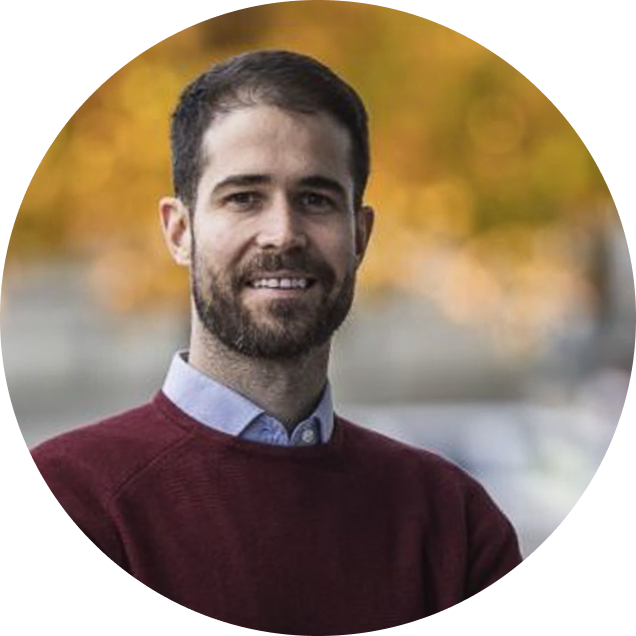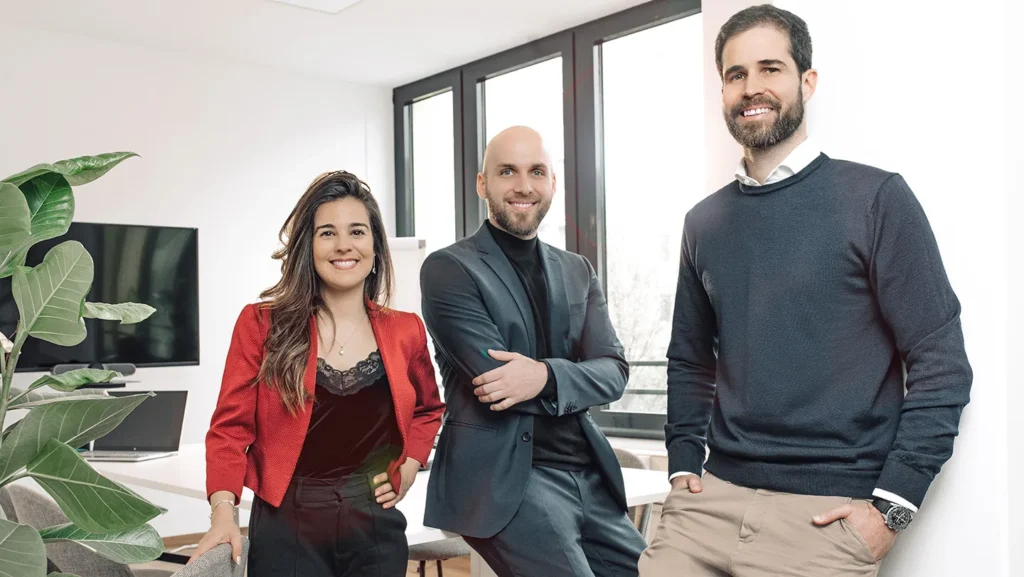
Vyoma – Pioneering Safer Skies Through Space Technology
As the number of satellites and other objects in Low Earth Orbit (LEO) continues to increase, the risk of collisions and the accumulation of space debris has become a critical concern. This debris, which includes everything from defunct satellites to fragments from past collisions, poses significant dangers to active satellites, threatening to disrupt essential services like communication, weather monitoring, and navigation. The challenge lies in accurately tracking these small but potentially catastrophic objects to prevent collisions and ensure the long-term sustainability of space activities. Without effective monitoring traffic and implementing mitigation strategies, the growing congestion in orbit could trigger a cascade of collisions, known as the Kessler Syndrome, rendering certain orbits unusable for decades.
Recognizing this urgent issue, Dr. Stefan Frey, Dr. Luisa Buinhas, and Christoph Bamann united their complementary skills and shared commitment to space safety to develop innovative solutions. Their mission is to monitor Earth’s orbits very accurately and mitigate the risks posed by space debris, ensuring the continued sustainability of our satellite-dependent world.

Innovating space safety with advanced tracking
From the outset, Vyoma aimed to develop an innovative and essential solution for space safety. They created the Flamingo constellation, a constellation of satellites equipped with optical telescopes designed to track even the smallest debris in Low-Earth Orbit (LEO). With frequent space-based observations, this technology significantly enhances the accuracy and reliability of space situational awareness (SSA) by providing real-time data that existing ground-based systems often struggle to capture.
Vyoma’s strength lies in its seamless integration of ground-based and space-based observation systems, with the Flamingo constellation at its core. These satellites are capable of detecting debris as small as a few centimeters, marking a significant advancement in protecting vital space assets. The images are then pre-processed onboard the spacecraft and transmitted to the ground. With this data, Vyoma’s intelligent and automated algorithms predict risks of in-orbit collisions and plan avoidance maneuvers. This advanced level of automation underpinned by robust tracking data enables satellite operators to make swift, informed decisions, preventing catastrophic collisions in space with a high efficacy level.
How happiness capital fuels Vyomas vision
Vyoma’s partnership with Happiness Capital marked a significant turning point in the company’s journey. From the outset, this relationship was more than just about securing financial backing; it was about finding a partner who understood and shared Vyoma’s long-term vision.
What sets Happiness Capital apart, according to Dr. Stefan Frey, is its unique investment approach. “Their expertise on the technical side might be limited, but that’s not what we needed. What really mattered was their ability to challenge us to think beyond the usual metrics and focus on the broader impact of our work,” Dr. Frey explains. Happiness Capital’s commitment to making the world a happier, healthier place beyond 1000 years encouraged Vyoma to align its business strategies with long-term sustainability and societal impact.
Happiness Capital provided strategic support surpassing the conventional investor role, helping Vyoma prioritize leadership and organizational structure. This assistance cultivated an environment where employees are empowered to take initiative, crucial for fostering innovation in the rapidly evolving space technology industry.
Roadmap to comprehensive space coverage
Since its founding, Vyoma has made significant progress. The company successfully tested its satellite bus and telescope, ensuring they meet the rigorous demands of space operations. Vyoma’s participation in key European projects and its collaboration with the European Space Agency (ESA) has further validated its technology and approach.
As Vyoma prepares for the launch of its first satellites in 2025, they are on the brink of a majormilestone in its mission to make space safer. The company is focused on scaling its operations and expanding its sensor network, aiming to provide comprehensive coverage of space objects. With ongoing support from Happiness Capital, Vyoma is poised to lead the charge in space situational awareness and automated satellite operations.
Vyoma’s partnership with Happiness Capital remains a cornerstone of its growth strategy, providing the resources, strategic insights, and long-term perspective needed to achieve its ambitious goals.